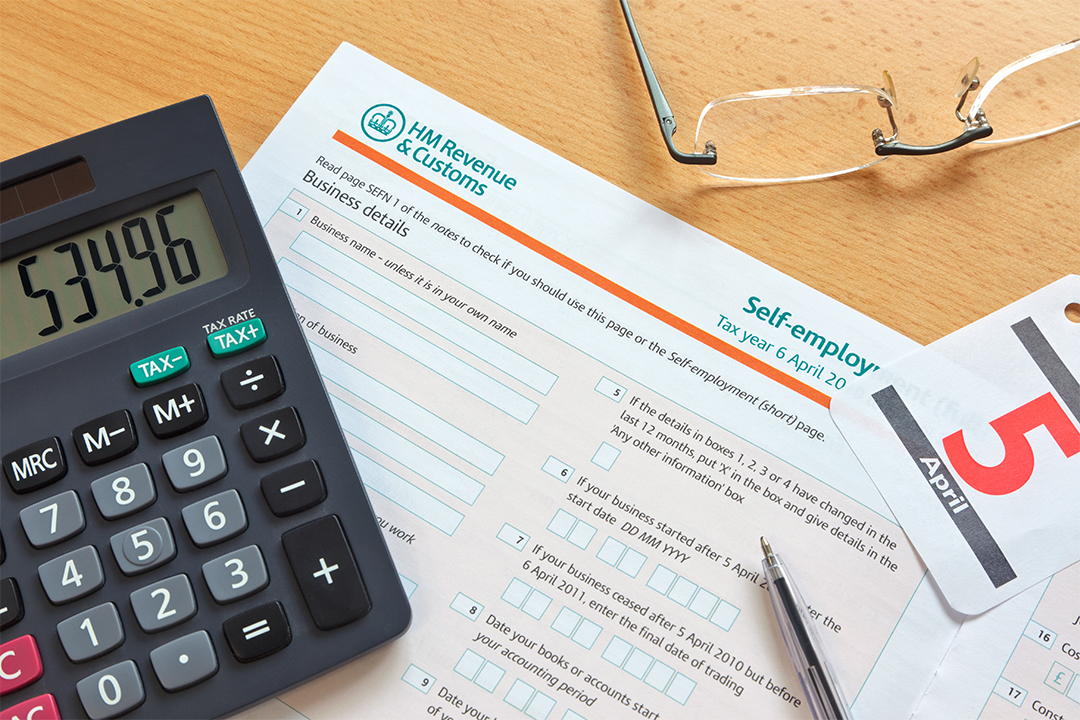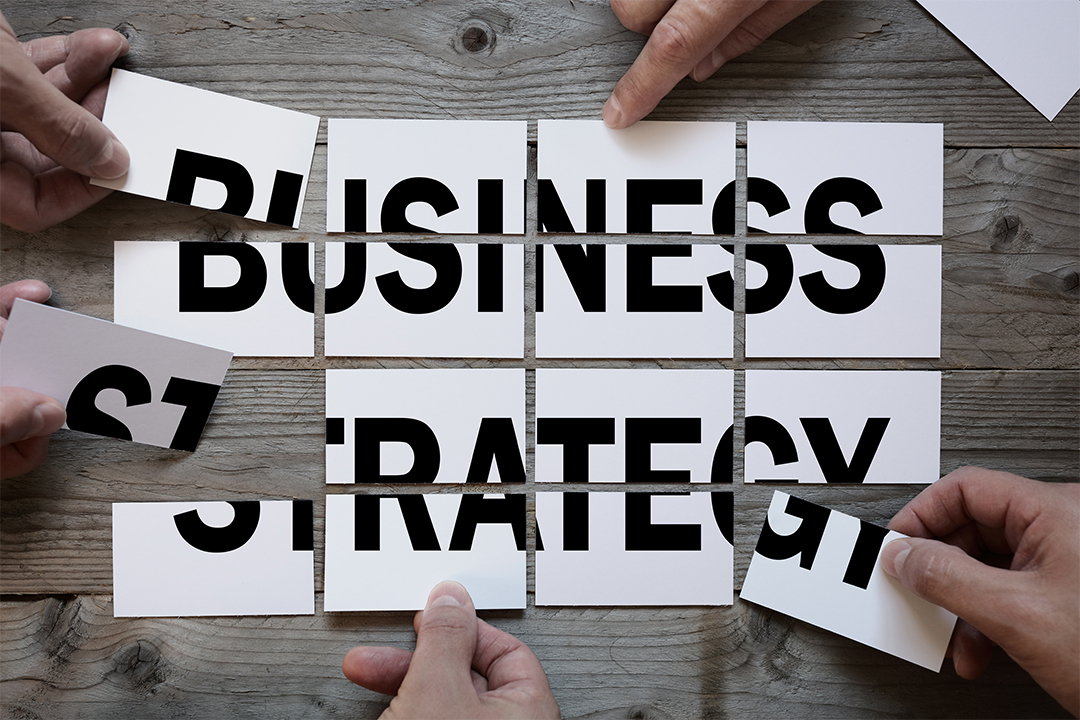Are You Starting A New Business In Sutton?
Working for yourself is a big step, and although you may have great ideas and high hopes for your business, you will need the right advice and support behind you to make them come true.

SELF EMPLOYED
One of the most important considerations when becoming self-employed is tax. It can seem like a daunting process, but we are here to make things easy for you.
Below is a basic guide to your tax obligations, but remember that although you have to self-assess, we can take care of the paperwork. You just need to keep records of your income and business expenditure throughout the year ready for us to work on.

SELF ASSESSMENT
The tax that you owe in respect of a year’s income is due on the 31 January following the end of the year in which the income arises. You need to make payments on account by 31 January and 31 July each year. Any remaining tax liability, after taking into account the payments on account, is payable on 31 January the following year.
With the advent of self-assessment, there are now fines and penalties for not submitting tax returns on time and these must be submitted by 31 January following the end of the relevant tax year. You can do this yourself using the paper form or online, or we can complete your self-assessment for you.

PROFESSIONAL ADVICE
Getting proper professional advice early is crucial in starting up a new self-employed business, as there are very strict Inland Revenue rules governing your actions. An example of this would be if someone works as an employee for a company and then announces that they are self-employed and continues doing exactly the same work in exactly the same manner.
The Inland Revenue are likely to refuse the self-employed status, resulting in the usual PAYE and National Insurance liabilities. So discuss with a professional accountant what your tax status will be before starting out.

